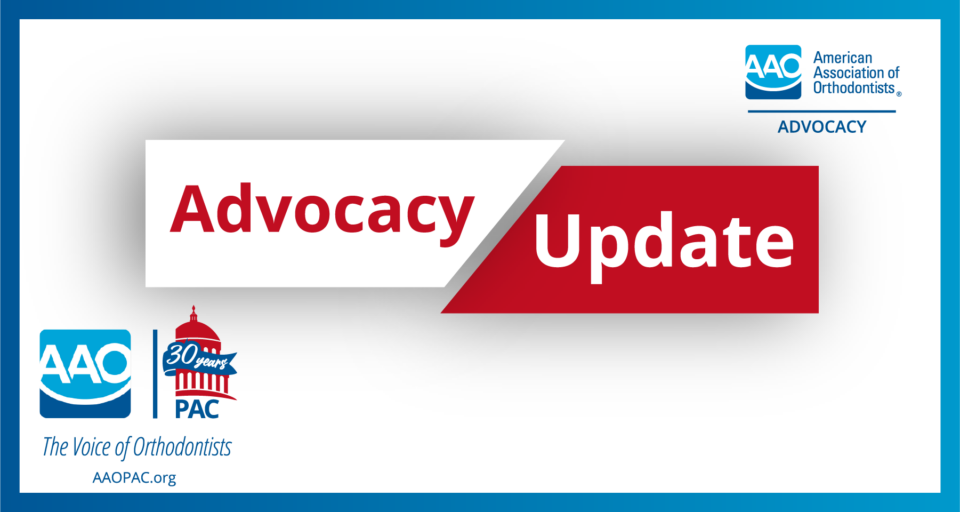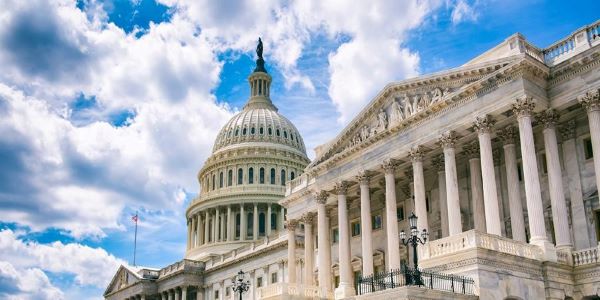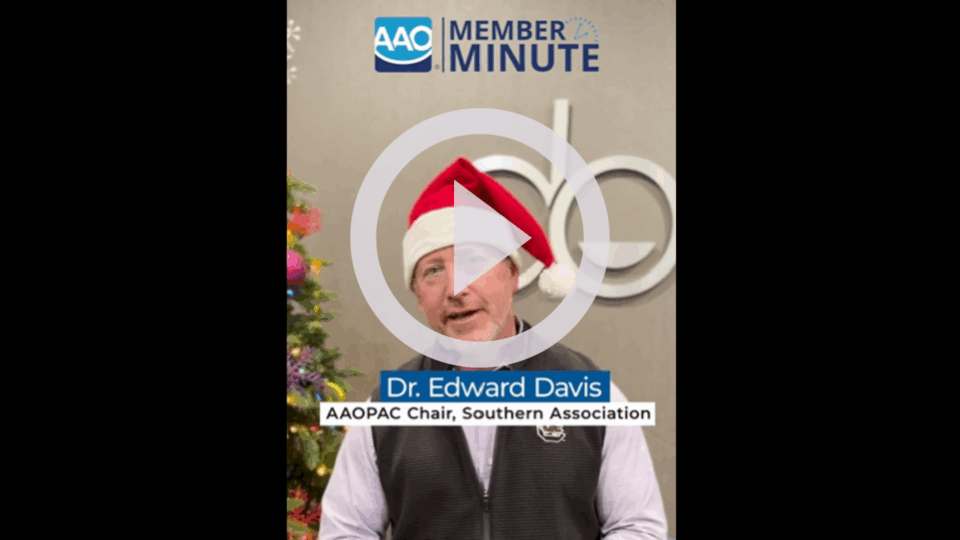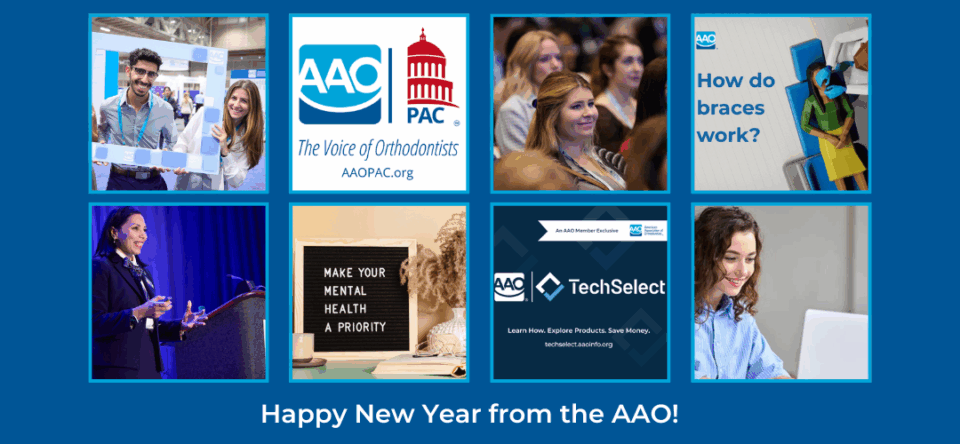With support from the AAO and members of the California Association of Orthodontists (CAO) through grassroots engagement, legislation addressing barriers to becoming an orthodontic assistant in California passed successfully through the state legislature and became law this fall. This legislative win significantly improves workforce development and the ability to meet orthodontic practice staffing needs in California.
Originally introduced in 2023 – the first year of California’s current two-year legislative session – the bill aimed to remove excessive testing and work experience requirements for Orthodontic Assistant Permit (OAP) certification. The bill encountered opposition from the California Dental Assisting Alliance (CDAA), prompting its removal during early legislative discussions. While this setback delayed progress, it set the stage for a reimagined approach.
In 2024, the bill’s provisions were reintroduced within the Sunset Review process as SB 1453, sponsored by the Dental Board of California (DBC). This shift allowed the California Association of Orthodontists (CAO) to refocus its advocacy on eliminating the six-month and twelve-month work experience requirements, with lobbying support by Mel and Caliph Assagai of California Policy Solutions (funded by the AAO Component Legal Support Fund).
SB 1453 eliminates outdated work experience requirements for the Orthodontic Assistant Permit (OAP) certification process, fostering greater workforce flexibility and streamlining entry into the orthodontic assistant profession.
With maximized grassroots engagement, including public testimony, email communications and formal letters from AAO/CAO members that articulated the need for reform, this transparent and constructive advocacy solidified CAO’s role as a trusted local partner in regulatory discussions. The result was successful passage of SB 1453, helping pave the way for future AAO/CAO collaboration on workforce issues.
The AAO greatly appreciates the time and energy that the AAO/CAO local lobbyists Mel Assagai and Caliph Assagai of California Policy Solutions, California DBC, and AAO members in California, including the CAO Board, have invested in this important rulemaking process. The AAO recognizes the ongoing national shortage of dental assistants who are trained in and allowed to perform orthodontic tasks, and the situation’s impact on the provision of care to patients across the country.
In 2021 the AAO developed a Workforce Shortage Task Force to explore and create a plan to address orthodontic staffing challenges. Since then, AAO advocacy initiatives have been successful or ongoing in California, Michigan, Maryland, New York, and Ontario. We continue to monitor and engage on issues of rulemaking related to dental support staff and workforce challenges across the country.
Why these efforts matter nationally: Many states look to other state laws when deciding on legislation or policy matters. The progress made in California will have a positive influence on states considering this topic across the country. Interested in helping us advocate for similar legislation in your state? Get involved with the National Advocacy Network.
The AAO Political Action Committee (AAOPAC) continues to help fuel our advocacy success in Washington, D.C. and in states throughout the country. 2024 marks the 30th anniversary of AAOPAC and we ask for your support through a contribution before the end of this year. To learn more and make your special 30th anniversary gift now, please visit AAOPAC.org.



